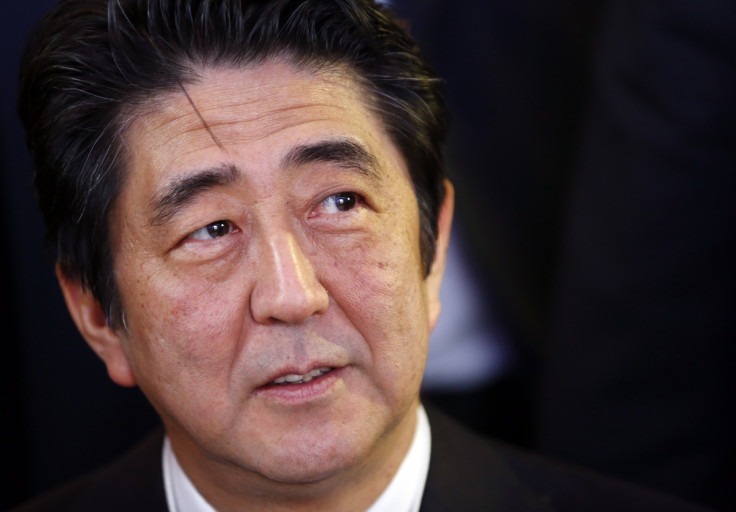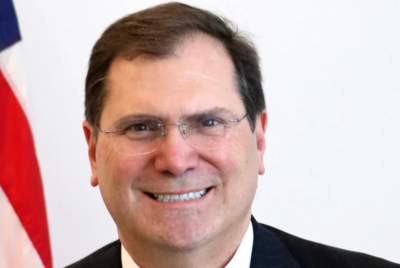1914 All Over Again? Japan's PM Abe Raises Ghost of WWI with China

The latest remarks by Japanese Prime Minister Shinzo Abe about China and Japan being in a "similar situation" to that of Britan and Germany ahead of World War One have exacerbated an already tense situation.
Abe, who was speaking on the sidelines of the World Economic Forum in Davos, Switzerland, also said that China's rocketing investment in military spending was a source of instability in the region.
His hawkish words were picked up by renowned economist Nouriel Roubini, who forecast the collapse of the US housing market and the worldwide recession which started in 2008.
Roubini, nicknamed Dr Doom, brought some eerie parallels between 1914 and 2014.
#wef14 Echoes of 1914: backlash against globalization, gilded age of inequality, rising geopolitical tensions, ignoring tail risks
— Nouriel Roubini (@Nouriel) January 23, 2014
#wef14 many speakers compare 2014 to 1914 when WWI broke out & no one expected it. A black swan in the form of a war between China & Japan?
— Nouriel Roubini (@Nouriel) January 23, 2014
Abe's spokesman denied that the Japanese PM's words could be interpreted as if a possible war between the two Asian countries was possible. However, Beijing and Tokyo's relations have worsened recently due to a territorial spat.
"We must...restrain military expansion in Asia, which could otherwise go unchecked," Abe said in Davos.
"Military budgets should be made completely transparent and there should be public disclosure in a form that can be verified," Abe said.
The hawkish prime minister defended his visit to the Yasukuni Shrine, seen by many critics as a symbol of Japan's past militarism. The move angered China's foreign ministry, who called it "an intrinsic attempt to deny and beautify that history of invasion by the Japanese militarists".
The shrine honours 14 Japanese wartime leaders who were convicted as war criminals by an Allied tribunal after World War II.
Referring to the 100th anniversary of the start of World War One, Abe said that Britain and Germany clashed in 1914 despite their deep economic ties.
Asked if China and Japan might clash militarily, Abe replied that such a conflict "would be a great loss not only for Japan and China but for the world and we need to make sure such a thing would not happen," according to his spokesman.
China and Japan have deep business ties and bilateral trade that was worth nearly $334 billion in 2012, according to Japanese figures.
© Copyright IBTimes 2025. All rights reserved.






















